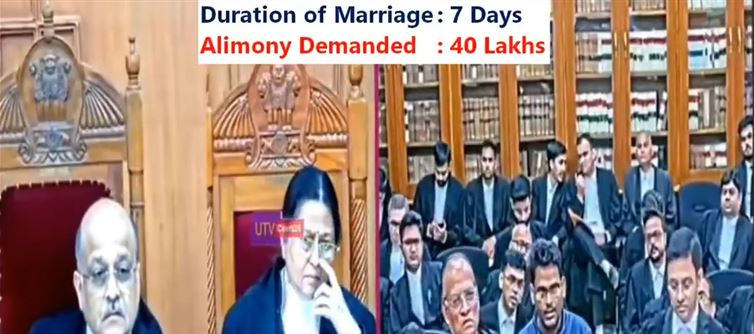
In India, alimony and maintenance are not governed by a uniform civil code but instead by a patchwork of personal laws based on religion. Hindus, Jains, Buddhists, and Sikhs are governed under the Hindu marriage Act of 1955, while Christians fall under the indian Divorce Act. Muslims have their own community-specific provisions. In addition, Section 125 of the Code of criminal Procedure offers a secular route for maintenance claims, irrespective of religion. This fragmented approach leads to inconsistencies and loopholes, sometimes resulting in unfair or disproportionate outcomes. The law often leans heavily in favor of the financially weaker spouse—typically the woman—without taking into account the duration of the marriage, the circumstances of separation, or the conduct of the parties.
Rather than targeting the judiciary, which is bound to uphold and interpret the laws passed by the legislature, public frustration should be redirected toward lawmakers who have failed to modernize and balance matrimonial laws. MPs and political parties rarely engage in serious debates about reforming family laws, often due to political sensitivities surrounding religion and gender. The result is an outdated legal system struggling to address modern complexities like short-term marriages, financial independence of both spouses, and misuse of legal provisions. If citizens truly want change, it begins with holding elected representatives accountable, demanding fair and equitable legislation, and pushing for a long-overdue overhaul of India’s family law framework.




 click and follow Indiaherald WhatsApp channel
click and follow Indiaherald WhatsApp channel